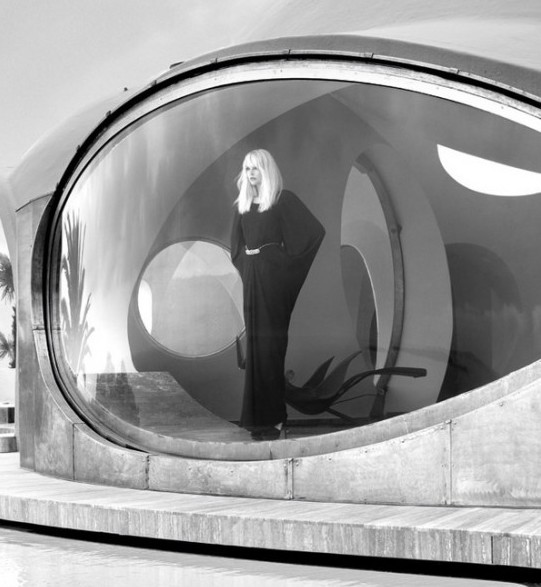Did you ever notice that futuristic metallic clothes don’t really ever arrive in stores near you? That’s because while they’re possible, perhaps even useful in some cases, they aren’t truly necessary.
In Kevin Kelly’s 2010 book, What Technology Wants, he wrote of the paths forward for the complexity of technology. Kelly believed the physical world around us will not change drastically in most ways, but some technologies that grow amazingly complex will be retrofitted onto our more “primitive” world. I mostly agree, though I don’t think Kelly was correct to include automobiles in that category. They’ve since speeded in the other direction.
The excerpt:
There are several different ways technology’s complexity can go:
Scenario #1. As in nature, the bulk of technology remains simple, basic, and primeval because it works. And the primitive works well as a foundation for the thin layer of complex technology built upon it. Because the technium is an ecosystem of technologies, most of it will remain in its equivalent microbial stage: brick, wood, hammers, copper wires, electric motors and so on. We could develop nanoscale computers that reproduced themselves, but they wouldn’t fit our fingers. For the most part, humans will deal with simple things (as we do now) and only interact with the dizzily more complex occasionally, just as we now do. (For most of our day our hands touch relatively coarse artifacts.) Cities and houses remain similar, populated with a veneer of fast-evolving gadgets and screens on every surface.
Scenario #2. Complexity, like all other factors in growing systems, plateaus at some point, and some other quality we had not noticed earlier (perhaps quantum entanglement) takes its place as the prime observable trend. In other words, complexity may simply be the lens we see the world through at this moment, the metaphor of the era, when in reality it is a reflection of us rather than property of evolution.
Scenario #3. There is no limit to how complex things can get. Everything is complexifying over time, headed toward that omega point of ultimate complexity. The bricks in our building will become smart, the spoon in our hand will adapt to our grip; cars will be as complicated as jets are today. The most complex things we use in a day will be beyond any single person’s comprehension.
If I had to, I would bet, perhaps surprisingly, on scenario #1. The bulk of technology will remain simple or semi-simple, while a smaller portion will continue to complexify greatly. I expect our cities and homes a thousand years hence to be recognizable, rather than unrecognizable.•
Tags: Kevin Kelly

